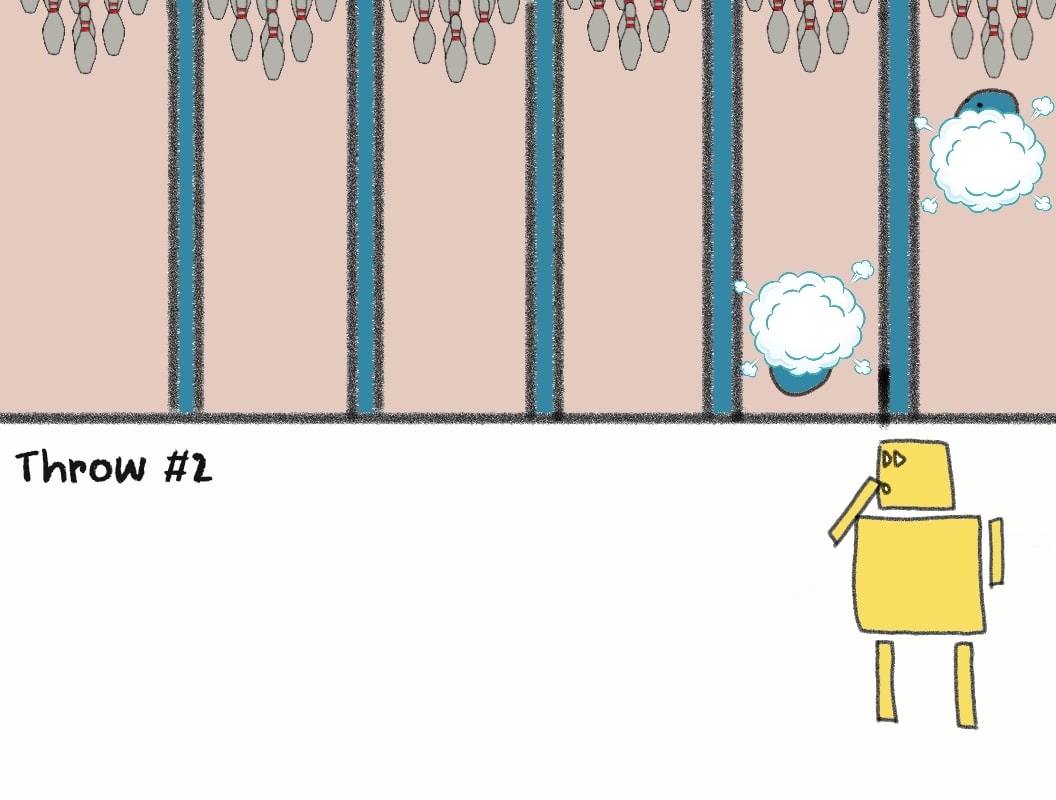Quantum physics, often revered as one of the most perplexing branches of science, compels us to confront the bewildering nature of reality itself. The very framework of our understanding, shaped by classical physics, is challenged by the peculiarities inherent in quantum phenomena. As we embark on this intellectual journey, we explore the astonishing promises of quantum physics—its potential to shift paradigms and ignite curiosity.
At the heart of quantum physics lies the concept of superposition, the phenomenon whereby particles can exist in multiple states simultaneously. This theoretical framework, exemplified by Schrödinger’s cat—a poignant illustration of a cat that is both alive and dead until observed—forces us to reconsider our traditional notions of existence and reality. The implications of superposition stretch beyond the abstract realm of thought experiments and beckon us toward a fundamental re-evaluation of causality and observation.
Central to our exploration is the notion of entanglement, a phenomenon that interlinks particles even over vast distances. Once entangled, the state of one particle becomes inexplicably tied to the state of another, regardless of the spatial separation. This curious interconnectedness fuels countless debates regarding the very nature of information and locality. Entanglement challenges our classical intuitions, suggesting that what lies behind the veil of observation is a much more intricate tapestry than previously conceived.
The implications of quantum physics extend into technological realms, presenting transformative opportunities in various fields. Quantum computing stands at the forefront of this revolution, where qubits—the quantum analogs of classical bits—can exist in superpositions, allowing for exponential increases in computational power. Imagine a world where problems currently deemed intractable, such as complex simulations or advanced cryptography, are resolved with unprecedented efficiency. Quantum computing promises not merely to augment our computational capabilities but to redefine the boundaries of what is computationally possible.
In addition to computing, the potential of quantum physics invades realms such as cryptography. Quantum key distribution (QKD) enhances security by leveraging the principles of quantum mechanics, ensuring that any interception of quantum keys would inevitably alter their state and raise alarms. In an era where data breaches constitute a formidable challenge to personal and national security, QKD provides a tantalizing glimpse into a future where information is safeguarded against nefarious attempts.
Moreover, quantum physics holds promise in the realm of medicine. Quantum sensors, employing the sensitivity of quantum states, can detect minute variations in biological systems, thus paving the way for breakthroughs in medical diagnostics and treatment. This heightened sensitivity could lead to early detection of diseases or the development of personalized treatment plans, fundamentally reshaping healthcare practices to be more proactive rather than reactive.
Yet, as we delve deeper into the quantum realm, it is only natural to ponder the ethical implications of such profound scientific advancements. With great power comes substantial responsibility; the technologies derived from quantum physics could be harnessed for both benevolent and malevolent purposes. The question of governance—the ethical stewardship of these nascent technologies—emerges as a paramount concern for society. Scientists, policy makers, and ethicists must collaboratively navigate this uncharted territory to ensure that the benefits of quantum physics are disseminated equitably and responsibly.
Beyond practical applications, quantum physics ignites a philosophical discourse that echoes through the ages. The intertwining of science and philosophy is exemplified in discussions about the nature of reality, observer effects, and the role of consciousness in quantum mechanics. This interplay invites us to reevaluate our positions on determinism and free will. Are our actions predetermined by the quantum mechanics of our brain, or do we possess agency over our choices? Such profound questions compel introspection and challenge our basic assumptions about existence and consciousness.
The intrinsic perplexity of quantum phenomena serves as a catalyst for curiosity. Each revelation within quantum physics not only poses additional questions but also invokes a sense of wonder reminiscent of childhood inquisitiveness. Why is the universe constructed in such a manner? What mysteries lie beneath the observable fabric of reality? The more one learns about quantum physics, the more one becomes captivated by its complexity and eccentricities.
In conclusion, quantum physics magnifies our sense of awe and wonder, revealing the multifaceted layers of reality waiting to be discerned. It promises not only to revolutionize technology and medicine but also to challenge our philosophical paradigms and ethical frameworks. As we navigate this captivating domain, let us embrace the curiosity it engenders—a curiosity that keeps our intellectual engines humming and inspires the next generation of physicists and thinkers. In grappling with these enigmatic concepts, we foster a deeper understanding of the cosmos and our place within it, inviting us to continue our quest for knowledge in an intricately woven universe.












